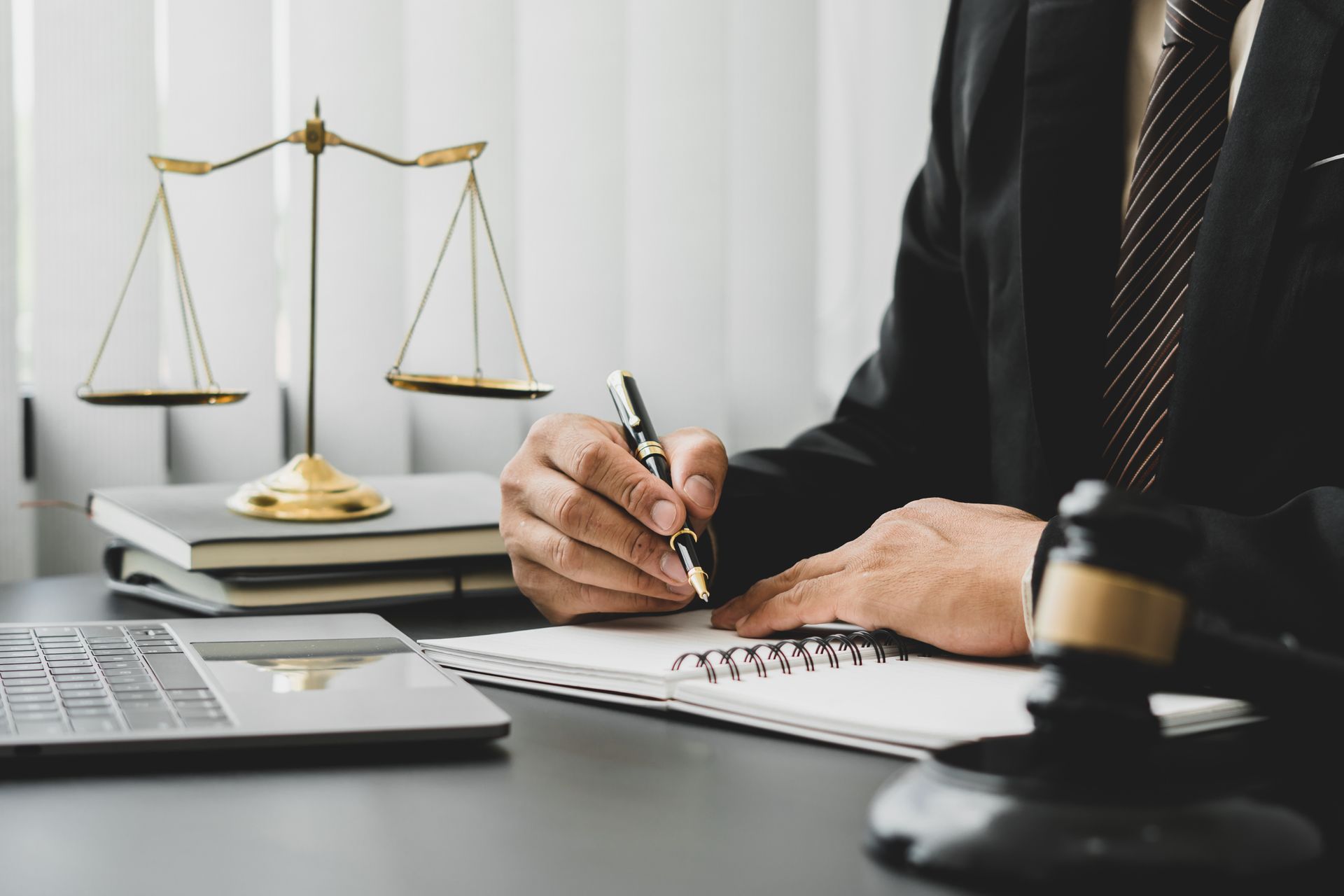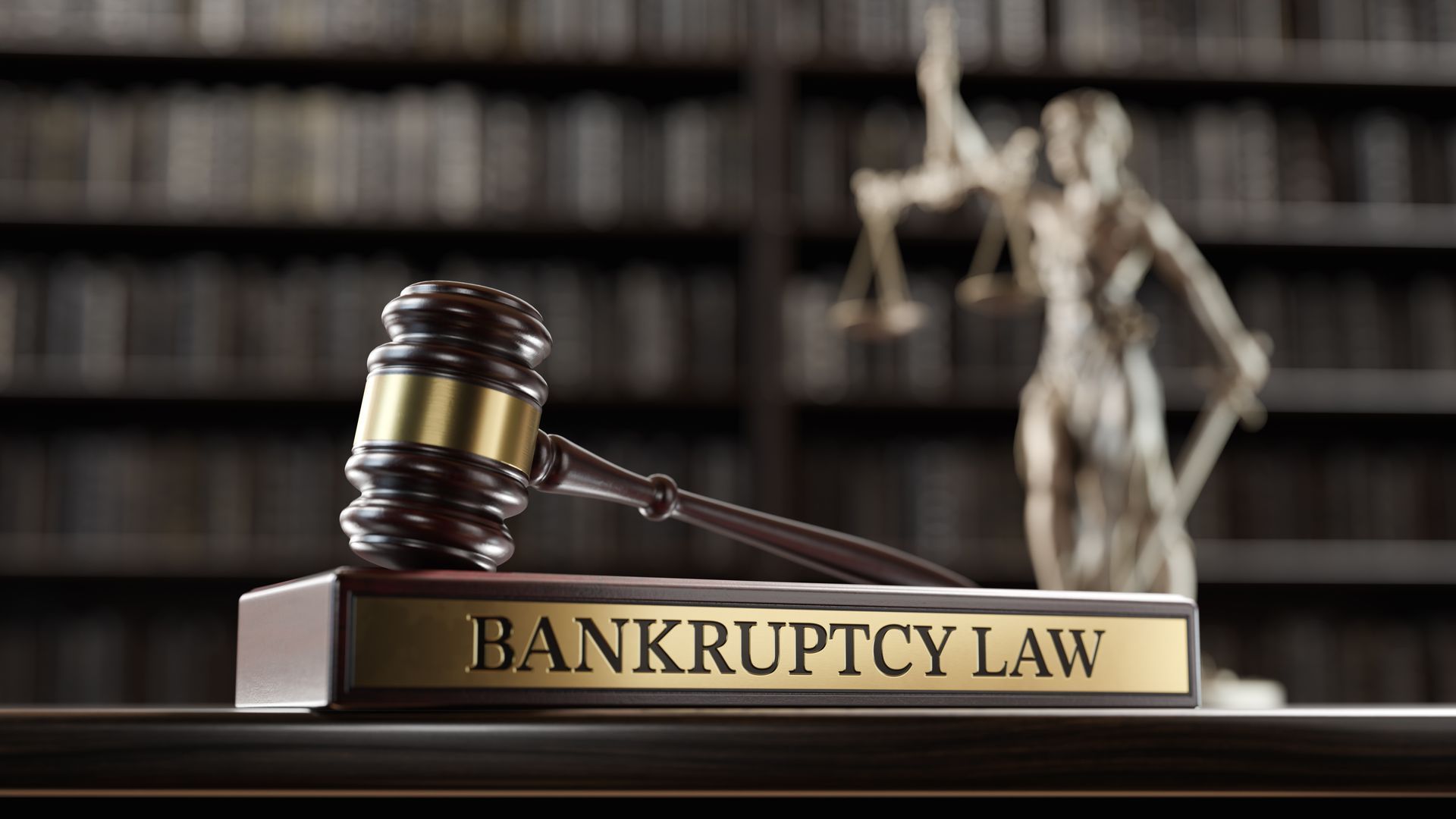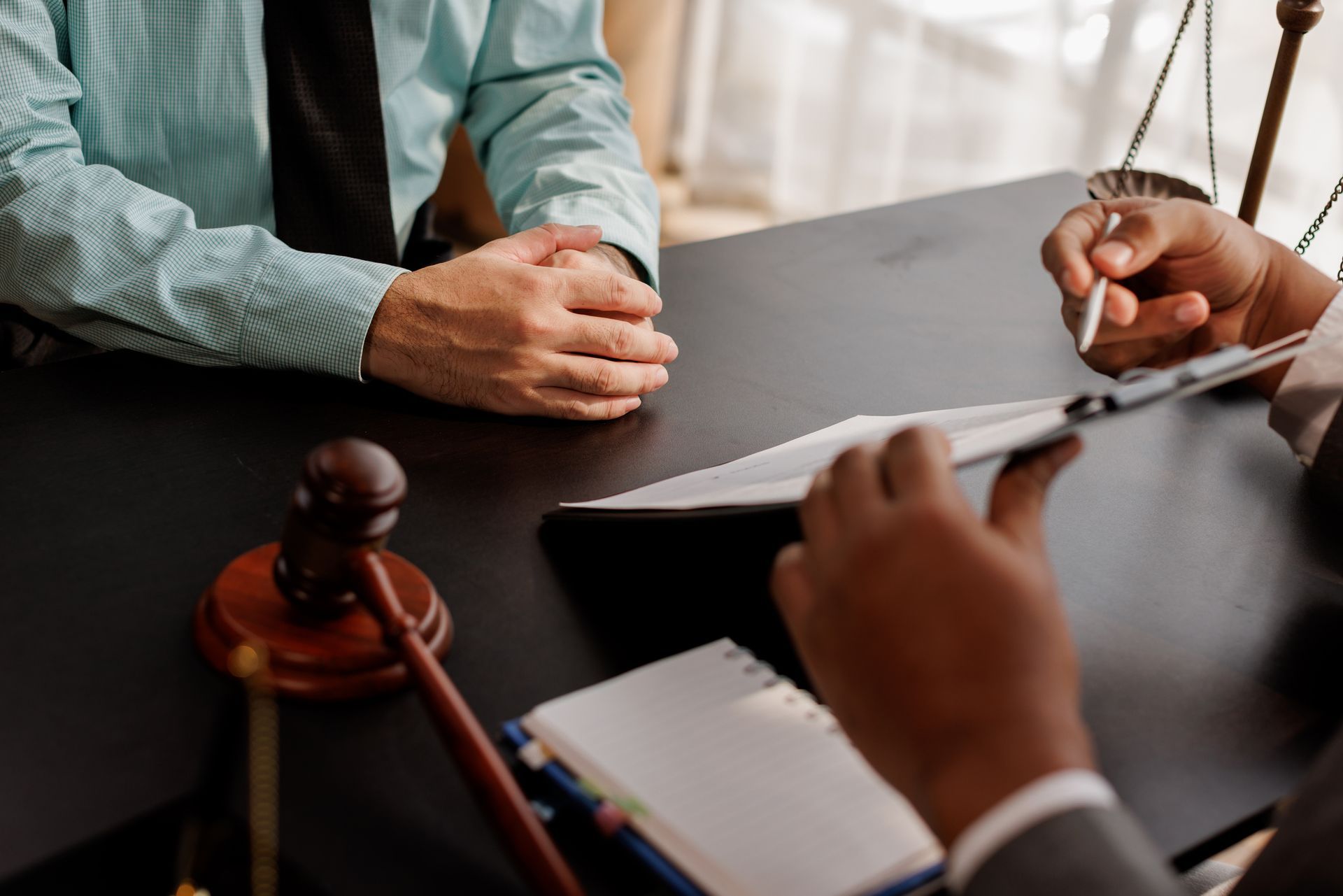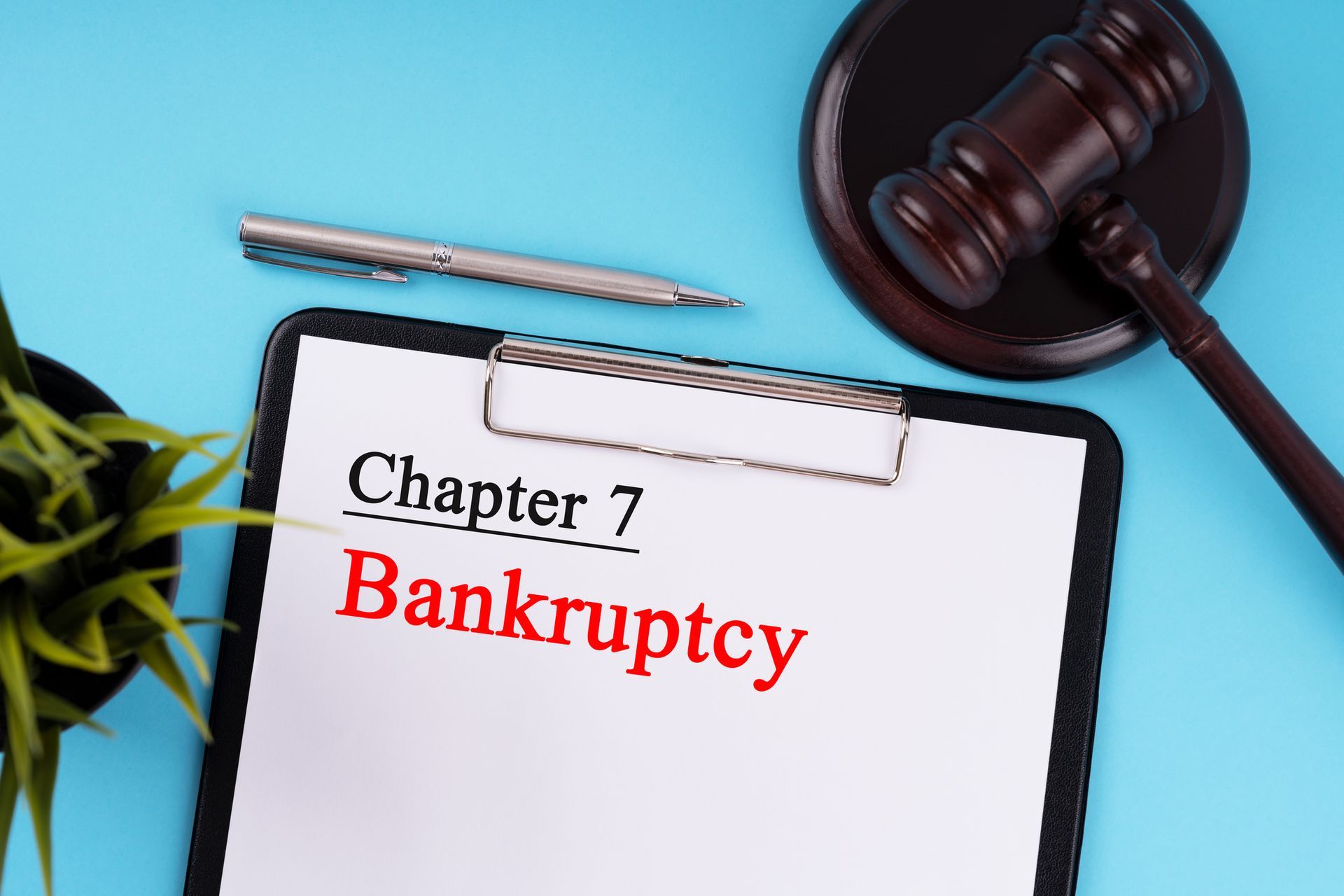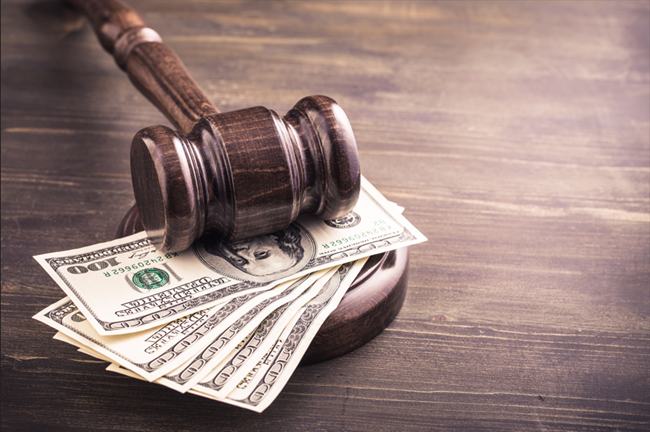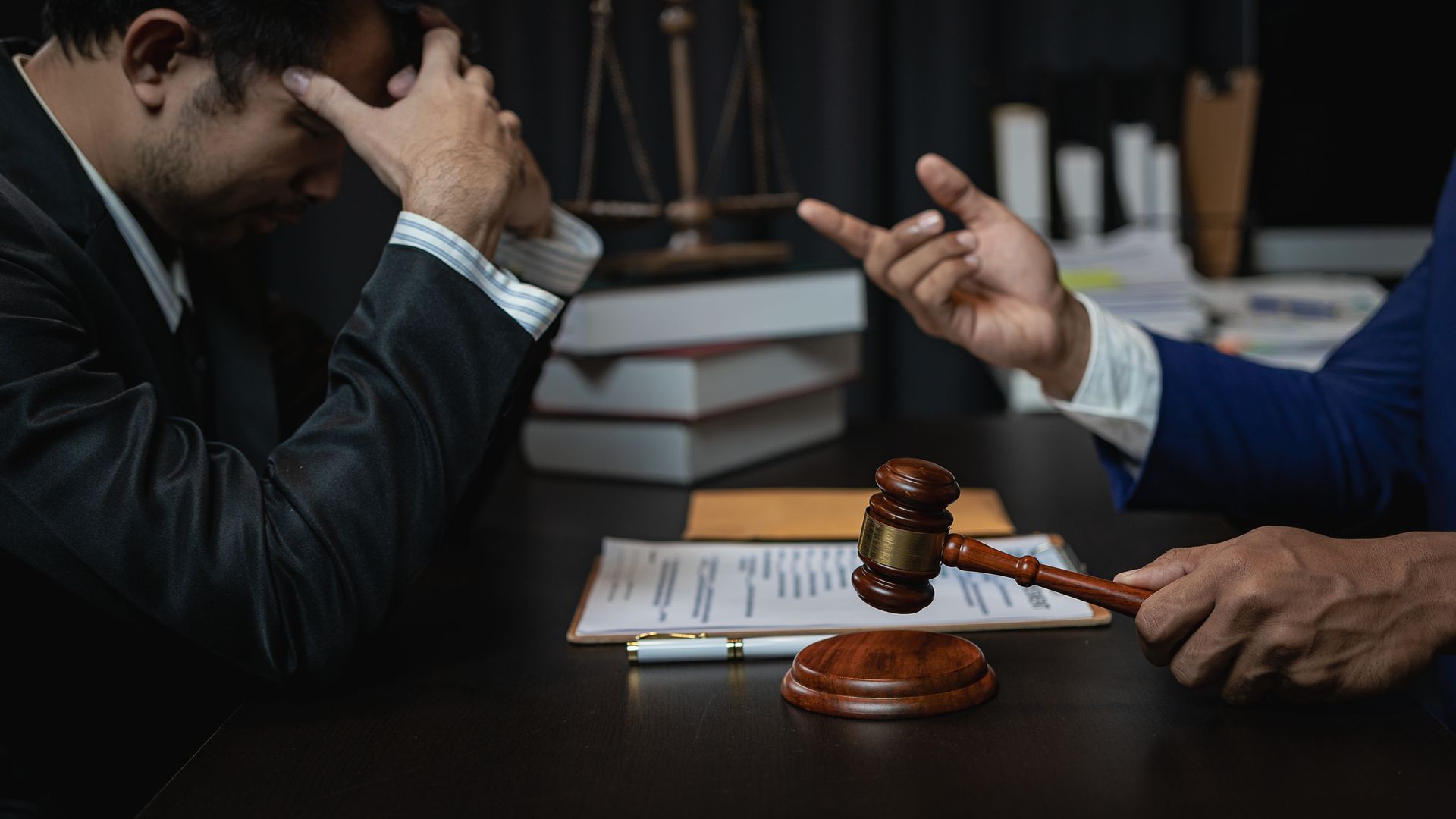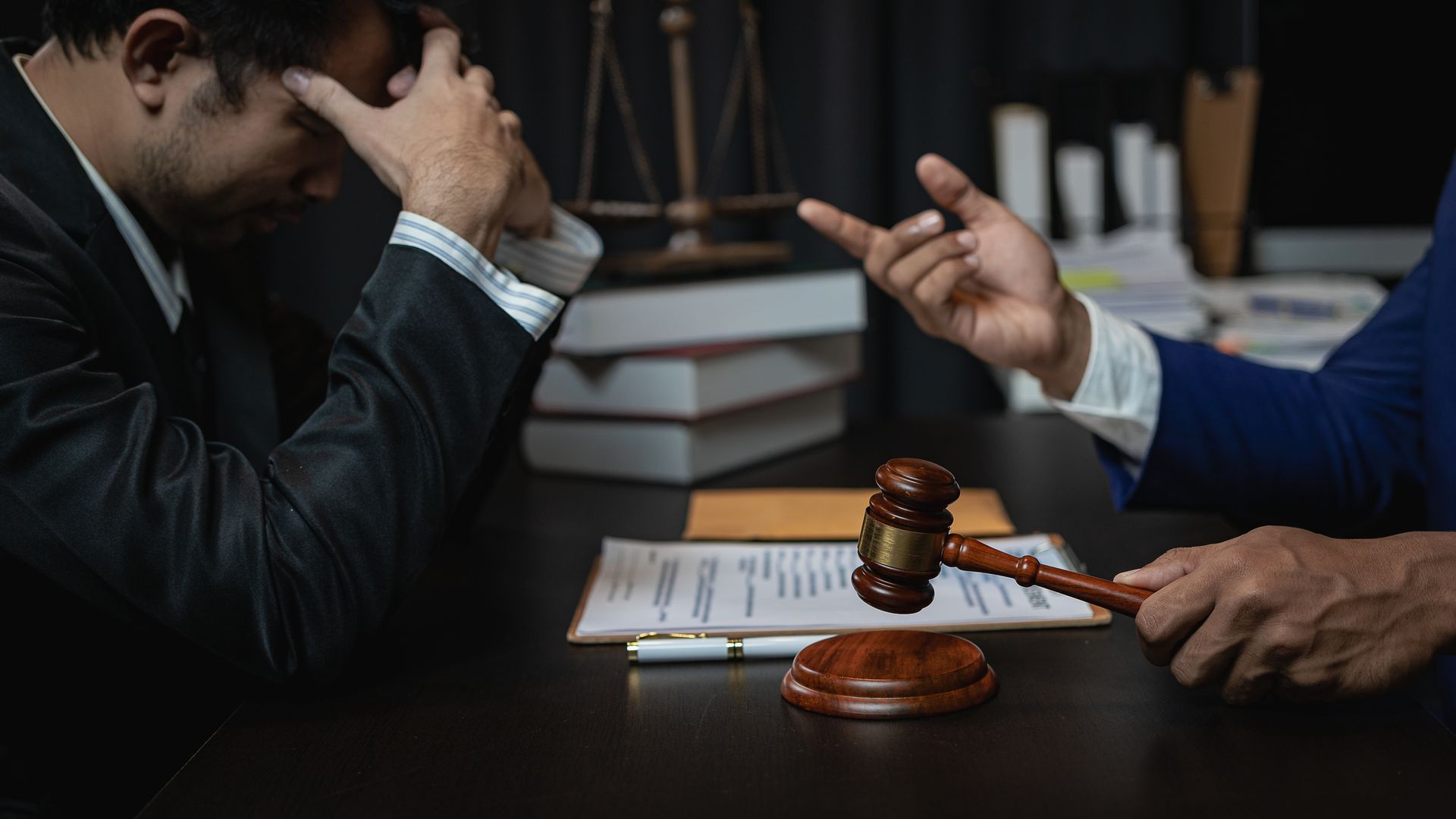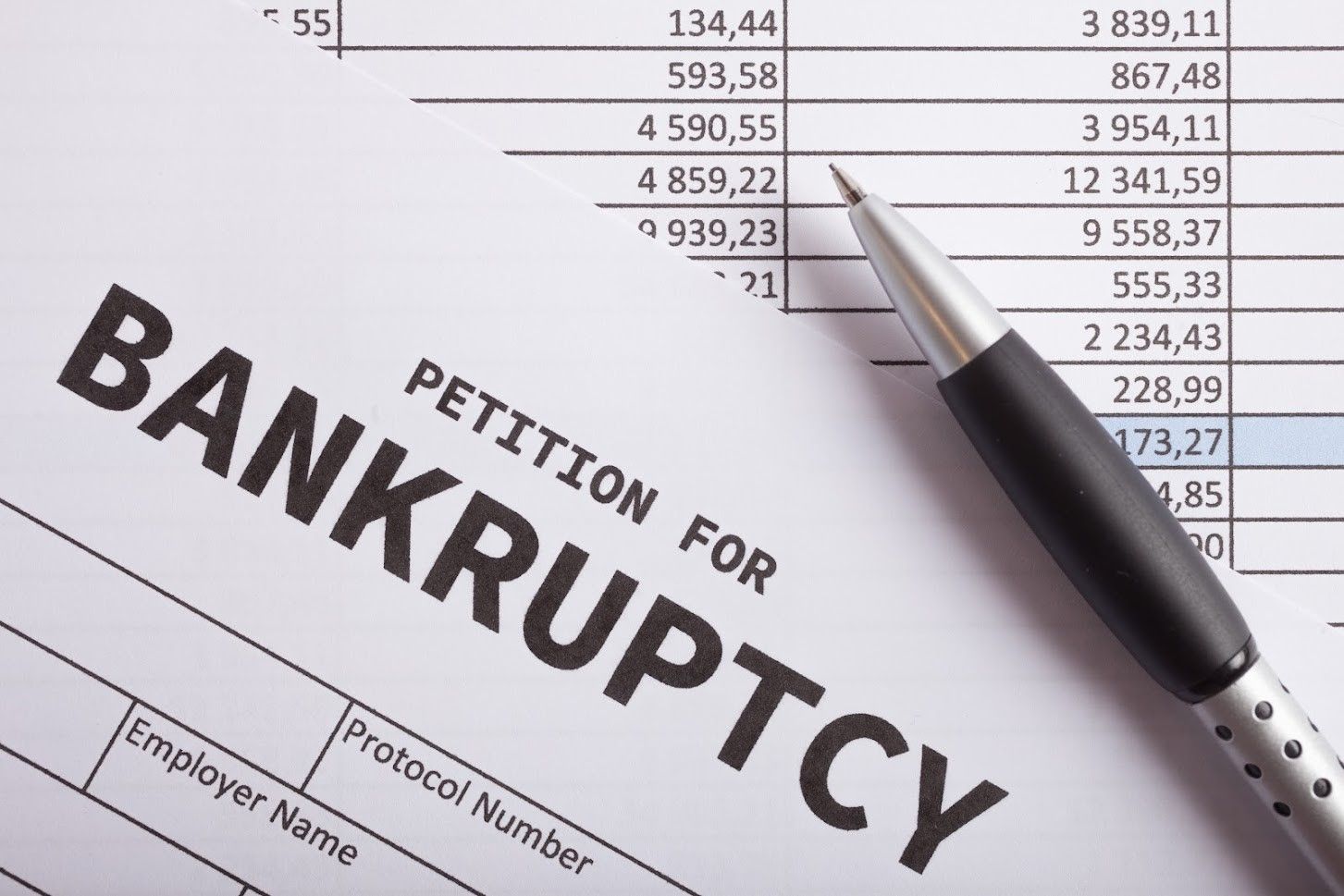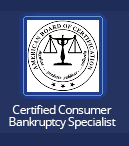How Bankruptcy Puts a Stop to Collection Actions

Creditors have a variety of ways to collect debts, but the ones they favor are liens, garnishments, and repossessions. These powerful legal actions can inspire fear and hopelessness. Here's how filing a chapter 7 or 13 bankruptcy stops these collection actions in their tracks.
Immediately End Wage and Bank Garnishments
Having a creditor directly take money from your paycheck or bank account sounds like something from a dystopian movie, but it's a reality millions of people deal with daily. Creditors can obtain court judgments letting them seize up to 60 percent of your wages and the money in your bank accounts, depending on the debt type and state laws.
When you're already struggling to make ends meet, losing even a few dollars can mean the difference between keeping your head above water and sinking. While there are many ways to stop the garnishment, one of the easiest and fastest is to file for bankruptcy.
With rare exceptions, the day you submit your petition, your creditors are subjected to an automatic stay mandate prohibiting them from continuing any and all legal actions against you. All garnishments must stop, and any money taken from you after the bankruptcy was filed must be refunded.
The automatic stay remains in effect until your bankruptcy case concludes, which will take about four months for a chapter 7 or up to five years for a chapter 13. Since there's a high probability the debt that triggered the garnishment will get discharged, you won't have to worry about it anymore at that point.
Remove Debt Liens
Another tactic creditors like to use is to put liens on valuable assets, such as homes and recreational vehicles. Depending on the debt and the lien type, a court judgment will either let them take the property attached to the lien or force the debtor to pay the creditor what's owed when it comes time to sell the asset.
For instance, a contractor puts a lien on a customer's home for unpaid work. When the homeowner sells the property, they must pay the lien before the house can be transferred to the new owners.
There are several ways bankruptcy can help you deal with liens. In some cases, you can strip the lien from the asset, meaning the creditor will no longer have a legal claim on your property and can't force you to pay the debt out of the proceeds from a sale.
In other cases, you can force the creditor to reduce the amount you owe to the value of the property with the lien attached. For example, you used a moped as collateral for a personal loan. The moped is valued at $800 but you owe the creditor $1,500. You can use a chapter 13 bankruptcy to force the creditor to reduce your debt to $800. The other $700 just gets washed away.
There are a few other ways bankruptcy can make liens more manageable, but they often involve complex rules or strict qualifications. Thus, it's best to come in for a consultation with a bankruptcy attorney who can explain what you need to know to successfully use these methods to your benefit.
Temporarily Halt Repossessions
Debt secured by collateral is the most vulnerable when it comes to collection activity. When a person falls behind on their payments, creditors will take the property securing the debt and sell it to recoup their losses. While it may just be another business transaction for them, it can be a life-changing loss for the debtor.
Luckily, bankruptcy can put a stop to property repossession, at least temporarily. As mentioned before, the automatic stay mandate blocks creditors from performing certain collection actions, and repossessing property is one of them.
The protection only lasts as long as the bankruptcy case is active. However, you can typically get the amount owed on the property reduced or force the bank to refinance the debt to make it more affordable, which can help you achieve solvency long term.
For more information about how bankruptcy can help you manage your debts, give Charles J. Schneider, PC, a call.

